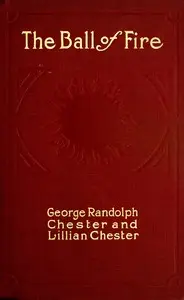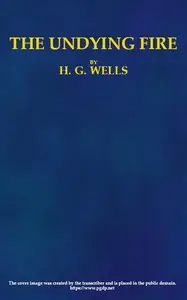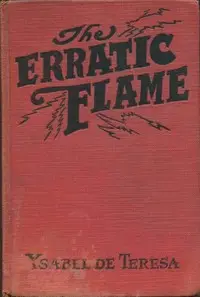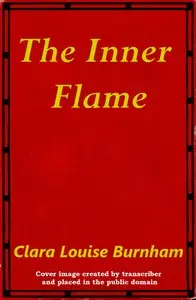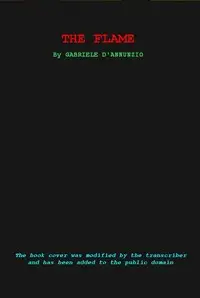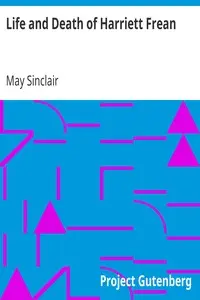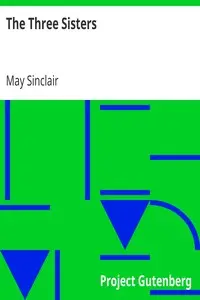"The Divine Fire" by May Sinclair is a story set in the 20th century that follows Horace Jewdwine, an Oxford scholar, and his cousin Lucia Harden as they discuss literature and relationships. It all starts when Jewdwine finds a young poet named Savage Keith Rickman, who he thinks has the talent to become a great. Jewdwine has feelings of obligation for his discovery and is stuck between helping Rickman and the risks of believing in someone who may not make it. Jewdwine and Lucia talk about Rickman, and we get to see that they have different views on art, ambition, and what is expected of them. The author lays the foundation for deeper look into artistic struggle and the tricky friendships formed due to brains and intelligence, since Rickman's future as a poet in a tough world is also touched on along the way.
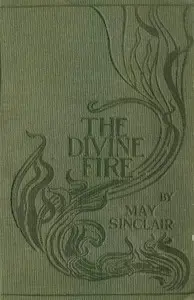
The Divine Fire
By May Sinclair
Amidst a scholar's ambition and a poet's uncertain destiny, a discussion begins that questions the very definition of artistic greatness.
Summary
About the AuthorMay Sinclair was the pseudonym of Mary Amelia St. Clair, a popular British writer who wrote about two dozen novels, short stories and poetry. She was an active suffragist, and member of the Woman Writers' Suffrage League. She once dressed up as a demure, rebel Jane Austen for a suffrage fundraising event. Sinclair was also a significant critic in the area of modernist poetry and prose, and she is attributed with first using the term 'stream of consciousness' in a literary context, when reviewing the first volumes of Dorothy Richardson's novel sequence Pilgrimage (1915–1967), in The Egoist, April 1918.
May Sinclair was the pseudonym of Mary Amelia St. Clair, a popular British writer who wrote about two dozen novels, short stories and poetry. She was an active suffragist, and member of the Woman Writers' Suffrage League. She once dressed up as a demure, rebel Jane Austen for a suffrage fundraising event. Sinclair was also a significant critic in the area of modernist poetry and prose, and she is attributed with first using the term 'stream of consciousness' in a literary context, when reviewing the first volumes of Dorothy Richardson's novel sequence Pilgrimage (1915–1967), in The Egoist, April 1918.

